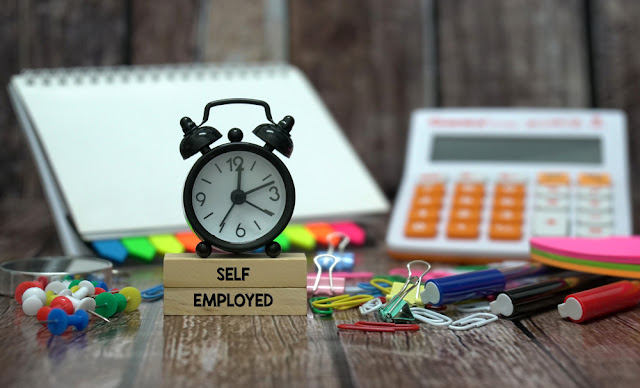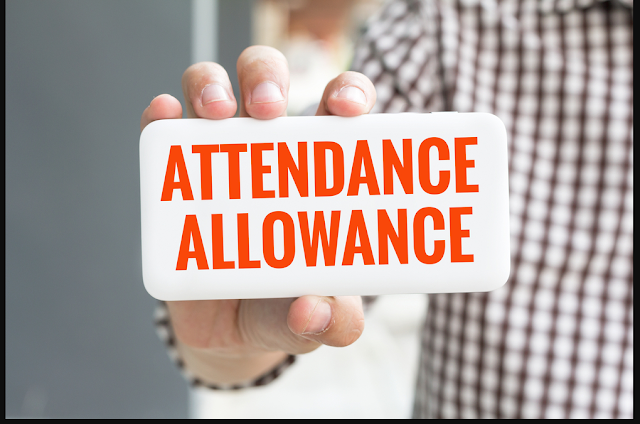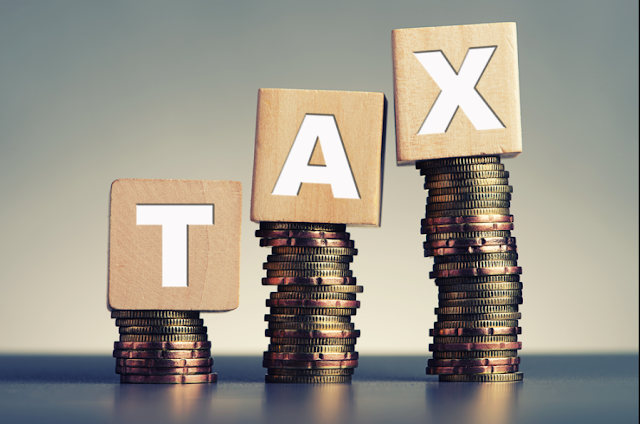Allowable Self-Employed Expenses Guide
Whether you are a self-employed plumber, freelance journalist, or physiotherapist, the costs associated with running your business are unavoidable.
HMRC has specific rules regarding what you can and cannot include in your calculation, which is why the costs that you can include are referred to as 'allowable expenses. To assist you in navigating this, we've compiled a list below of the expenses you can claim when filing your Self-Assessment tax return.
Profits are calculated by subtracting income from expenses. Due to the fact that you will be taxed on profits only, the higher your expenses, the lower your tax bill. If you are not registered for VAT, you can deduct the total amount spent on expenses, including VAT.
While purchasing or improving capital items such as a van, business premises, equipment, or fixtures/furniture are not considered business 'expenses' for tax purposes, they may still qualify for tax relief if they are related to your business. Capital items must be separately reported on your Self-Assessment tax return but will reduce your taxable profits as well.
HMRC may require evidence that you incurred an expense and that it was for your business. Make no attempt to compensate for them in order to pay less tax, as the penalties are severe.
Keeping track of self-assessment
Cheap accountants in London maintain current and accurate records/receipts which is critical for your business. It will simplify the process of completing your tax return and assist you in keeping track of your expenses. If you do not maintain adequate records or submit your tax return on time/by the HMRC deadlines, you may be subject to a penalty.
You must maintain records/receipts for the following:
- cashbooks
- invoices
- mileage logs
- financial statements
- purchase receipts
- Vouchers for the CIS tax returns
If electronic records are kept, you must:
- Take/scan a photograph/scan of both the front and back
- conserving data in a readable format
- maintain a backup
As a general rule, you should retain all records for at least six years.
Your allowable tax deductions
Generally, if an expense is incurred for business purposes and a receipt is retained as proof of purchase, a deduction will be permitted.
However, a newly established business is frequently operated from home, possibly using an existing car for business travel and a previously owned mobile phone for business calls. This can create complications due to the 'dual purpose' of these costs. It is critical that cheap small business accountants in London can clearly identify and separate business and personal expenses.




Comments
Post a Comment